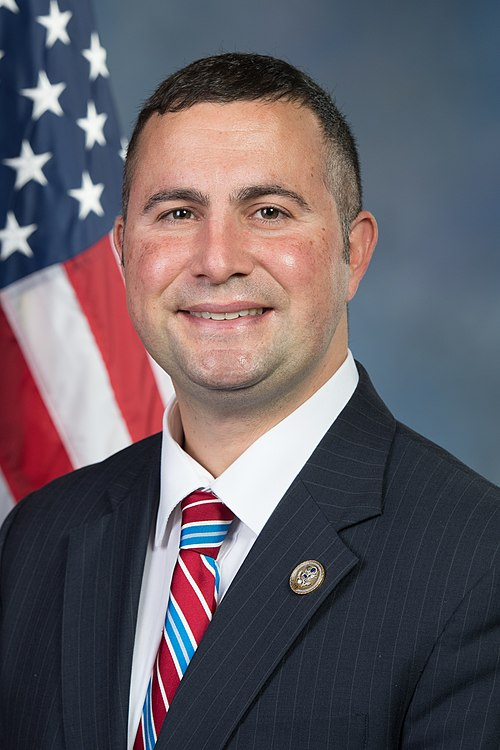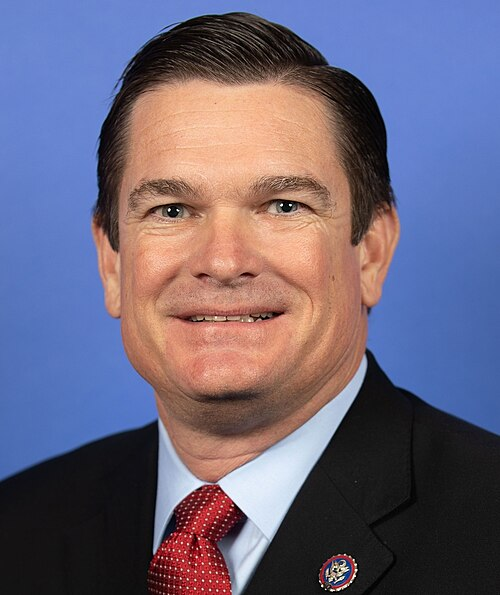H.R. 2872: Repair Expenditures Support Infrastructure, Labor Investment, Energy Needs, and Creates Equity Act of 2025
This bill, known as the Repair Expenditures Support Infrastructure, Labor Investment, Energy Needs, and Creates Equity Act of 2025 (or RESILIENCE Act of 2025), proposes changes to how public utilities account for certain repair and maintenance expenses in their financial statements for tax purposes.
Key Provisions of the Bill
The main focus of the bill is an amendment to the Internal Revenue Code, specifically relating to the adjustments of financial statements for public utilities. Here are the significant components:
- Adjustment of Financial Statement Income: The bill requires that adjusted financial statement income for public utilities must be reduced by specific deductions related to repairs and maintenance of public utility property. This applies to expenses that utilities incur and that are classified under both depreciation (section 167) and repair and maintenance (section 162) categories.
- Specific Deduction Categories: The deductions that utilities can consider for these adjustments include:
- Depreciation deductions as outlined in section 167 for qualifying properties.
- Repair and maintenance deductions in accordance with section 162 that are applied specifically to property subject to section 168.
- Disregarding Certain Amounts: The bill specifies that any depreciation expense recognized in the taxpayer's financial statements must be disregarded in calculating this adjusted income. This ensures that the income is calculated consistently with the way costs are actually incurred for tax reporting.
- Definition of Applicable Deductions: The bill further clarifies what constitutes “applicable public utility repair and maintenance deductions,” specifically referring to repair and maintenance expenses a utility incurs for properties that are owned and which are reported as depreciation on financial statements.
- Effective Date: The proposed changes would take effect for taxable years starting after December 31, 2024.
Impact Overview
The purpose of this bill is to provide more favorable accounting treatment for repair and maintenance expenditures incurred by public utilities. By allowing these expenses to be deducted and reducing taxable income for utility companies, the bill aims to support the financial stability of the utility sector, potentially leading to better investments in infrastructure and services. It reflects an effort to address the financial challenges faced by public utilities while promoting labor investment and energy needs.
Relevant Companies
- DUK - Duke Energy Corporation: As a major utility provider, changes in tax deductions for repair and maintenance expenditures could impact their overall financial reporting and tax liabilities.
- SRE - Sempra Energy: This energy services holding company might benefit from potential reductions in taxable income due to the proposed deduction changes.
- NEE - NextEra Energy, Inc.: As a leading energy company, adjustments in tax calculations could influence their financial strategies and capital investment plans.
This is an AI-generated summary of the bill text. There may be mistakes.
Sponsors
12 bill sponsors
-
TrackCarol D. Miller

Sponsor
-
TrackMike Bost

Co-Sponsor
-
TrackNikki Budzinski

Co-Sponsor
-
TrackTroy A. Carter

Co-Sponsor
-
TrackBrian K. Fitzpatrick

Co-Sponsor
-
TrackChrissy Houlahan

Co-Sponsor
-
TrackNathaniel Moran

Co-Sponsor
-
TrackJimmy Panetta

Co-Sponsor
-
TrackBradley Scott Schneider

Co-Sponsor
-
TrackEric Sorensen

Co-Sponsor
-
TrackDarren Soto

Co-Sponsor
-
TrackLinda T. Sánchez

Co-Sponsor
Actions
2 actions
| Date | Action |
|---|---|
| Apr. 10, 2025 | Introduced in House |
| Apr. 10, 2025 | Referred to the House Committee on Ways and Means. |
Corporate Lobbying
9 companies lobbying






































